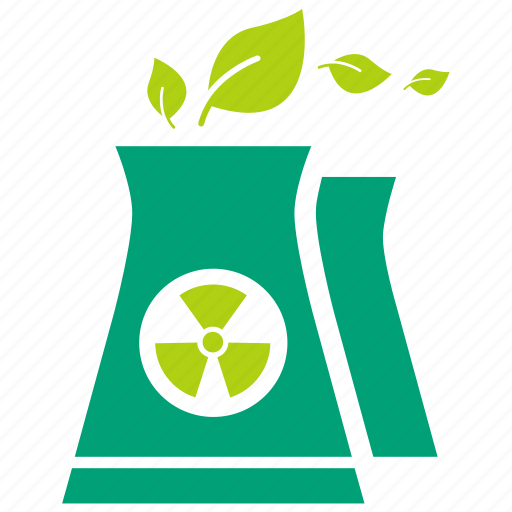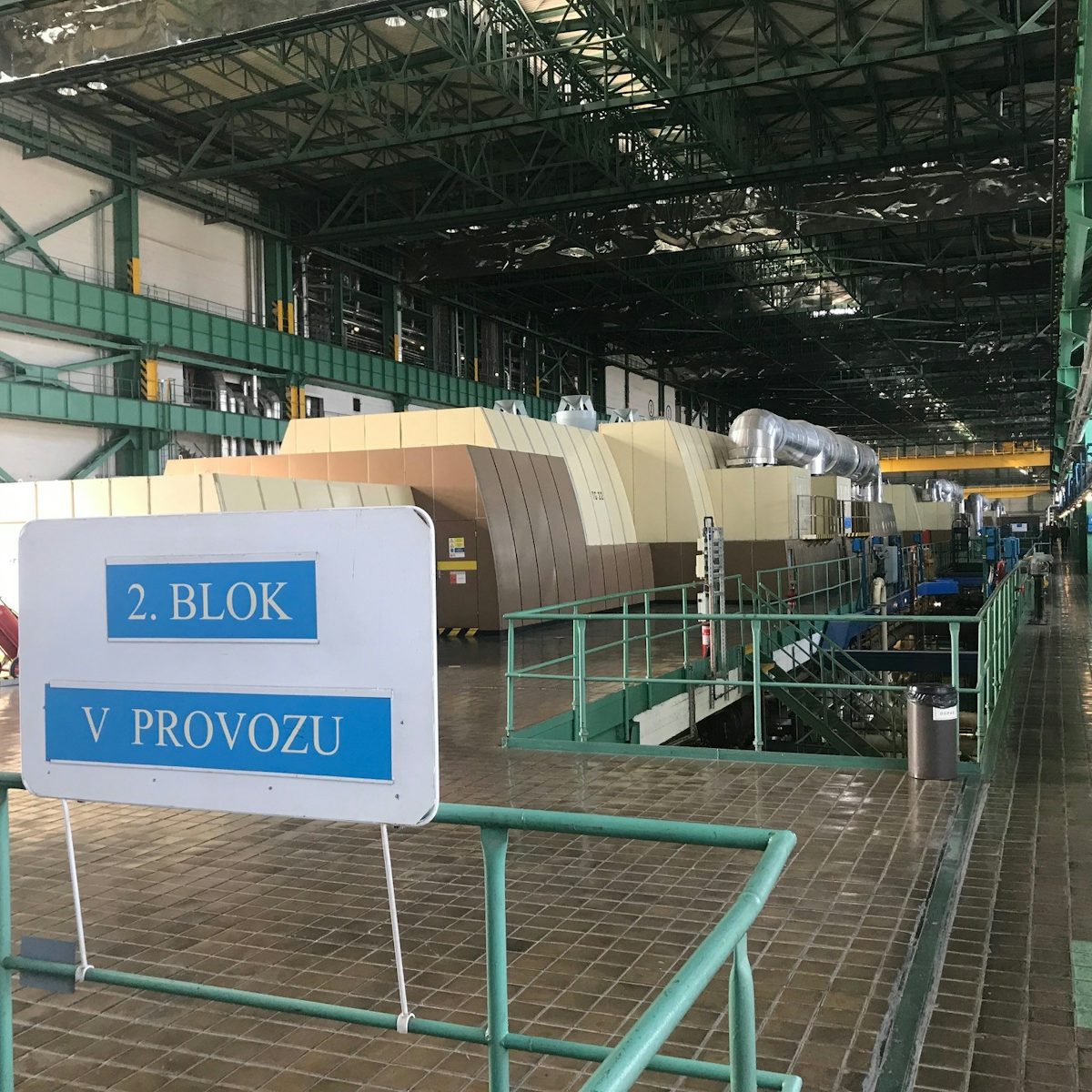Czech state-controlled utility ČEZ said its Dukovany-2 nuclear reactor plant will start operating with an increased capacity as the result of an opitmisation programme which began in 2020.
ČEZ said in a statement that the Dukovany-2 VVER/V213 unit will now have an output of 512 MW (gross) compared to the previous capacity of 500 MW.
According to the statement, water temperature at the reactor outlet was increased by about 2°C from 298.4 °C to 300.4 °C, which, under optimal conditions, means a higher electrical output of 12 MW.
There are four VVER/V213 units that have been in commercial operation at Dukovany in the south of the Czech Republic since the mid-1980s.
The units’ initial design gross output was 440 MW each, but a modernisation programme in the early 2000s led to their successful uprate to 500 MW (gross) by 2009.
In April 2024, ČEZ announced Dukovany-3 had reached a record output of 513 MW (gross) for the first time.
The company said a similar capacity increase for Unit 1 is scheduled by the end of 2024, while Unit 4 will follow in 2025.
ČEZ said the Dukovany units have also since 2023 switched to a 16-month refuelling cycle from an 11-month one which also coincided with the introduction of “new-generation” fuel.
In Jan 2024, ČEZ announced plans to invest more than CZK 3.3bn ($140m, €130m) in the Dukovany nuclear power station over the year – about CZK 1bn more than in 2023 with investments primarily aimed at ensuring the station’s four units can continue to operate until around 2047.


